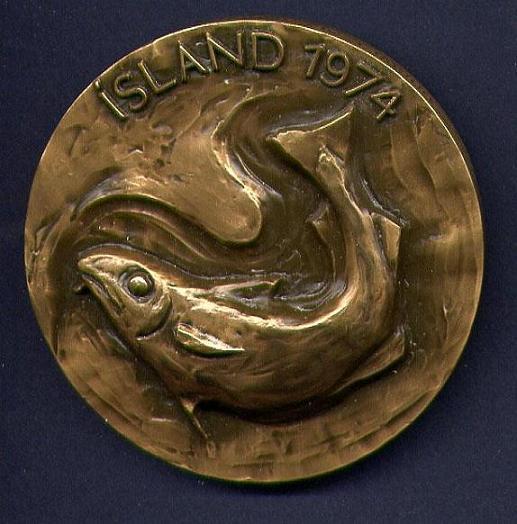Since May 26, 2005, the following quotation has appeared above in Lawyer Kickers pro bono's header: Well-connected local people probably don't get prosecuted as much. That's just endemic in government, including lawyers and judges. People don't like to prosecute their friends. - Professor John Corkery of the James Madison Law School in Chicago
By way of a possible example, last month we posted
No Disbarment Applies, a rather convoluted result by the Board on Professional Responsibility on whether a lawyer who, by pleading guilty in 2005 to making a false entry in financial records (a federal record-keeping crime), violated D.C.’s moral turpitude law. The board found on
December 09, 2010,
that violating the federal law did not, on its face, run afoul of the D.C. moral turpitude law.Any citizen harboring reservations about that outcome, may be a bit more concerned with one handed down more recently.
January 13, 2011
D.C. Appeals Court: Attorney May Have Stolen Funds, But Doesn’t Deserve Disbarment, in which
Exceptional Circumstances were cited in accordance with:
We have said that even where a lawyer has engaged in intentional misappropriation of funds, a sanction less than disbarment may be appropriate "in extraordinary circumstances," Addams, 579 A.2d at 191, or "[o]nly in the most stringent of extenuating circumstances," id. at 193 (quoted in In re Pennington,921 A.2d 135, 141 (D.C. 2007)). Previously we have found "extraordinary circumstances" only where the respondent's misconduct was shown to be caused by a disabling addiction, such as chronic alcoholism, see In re Kersey,520 A.2d 321, 326-27 (D.C. 1987), or depression, see In re Verra,932 A.2d 503, 505 (D.C. 2007). We have not otherwise defined what will constitute "extraordinary circumstances," but have noted that "it is appropriate for the court to consider the surrounding circumstances regarding the misconduct and to evaluate whether the mitigating factors are highly significant and [whether] they substantially outweigh any aggravating factors such that the presumption of disbarment is rebutted." Addams, 579 A.2d at 195.
Lawyer Hewett, who was represented by Ronald Douglas, assistant dean for student services at North Carolina Central University School of Law, argued that disbarment was not appropriate because there was no “evidence of fraud, self-dealing, misrepresentation, conflict of interest, or
any pattern of inappropriate conduct.”
“[A]lthough we agree with Bar Counsel that Willie Hewett intentionally misappropriated funds, we conclude that the facts of this case – in particular that the motivation for the misappropriation was protection of the client’s interest – present the type of “extraordinary circumstances” in which disbarment is not the appropriate sanction,” Judge Vanessa Ruiz wrote.
RESULT: A six-month suspension stayed in favor of probation was determined more fitting punishment than outright disbarment. Ruiz also ordered Hewett to reimburse Jewell’s estate in the amount of interest accrued while he was in possession of the misappropriated funds.
Lawyer Kickers pro bono sees
a pattern of inappropriate conduct. Consider whether a neighbor, relative or non-lawyer of the veteran (client) had committed the same misappropriation of funds from the veteran as the lawyer and claimed the same extraordinary intention: to deplete the veteran's bank account to maintain Medicaid eligibility.
a) If the
extraordinary circumstances rule is unobtainable by non-lawyers, separate law applied to lawyers only seems to hold their misappropriations above the law applicable to ordinary citizens.
Or, on the contrary...
b) If courts allow the lawyer's precedent to apply to similar misappropriations by ordinary citizens, the decision creates a defense for theft because fraud, self-dealing, misrepresentation, and conflict of interest are difficult to prove.
Either way, the lawyer's conduct seems to involve an inappropriate pattern for the community by an officer of the court (role model of respect for the law).
Labels: D.C. Court of Appeals Hewitt



